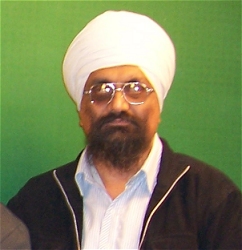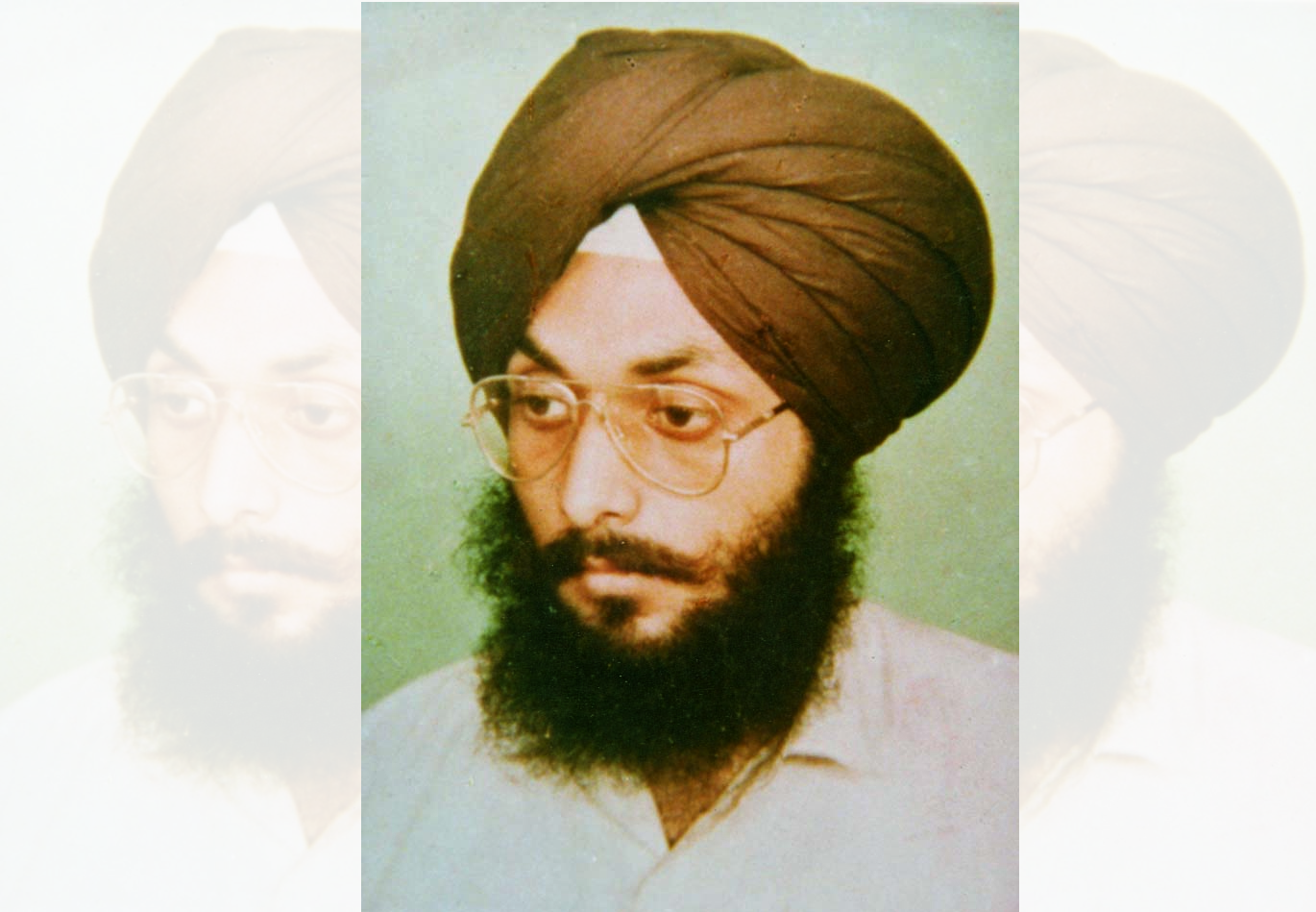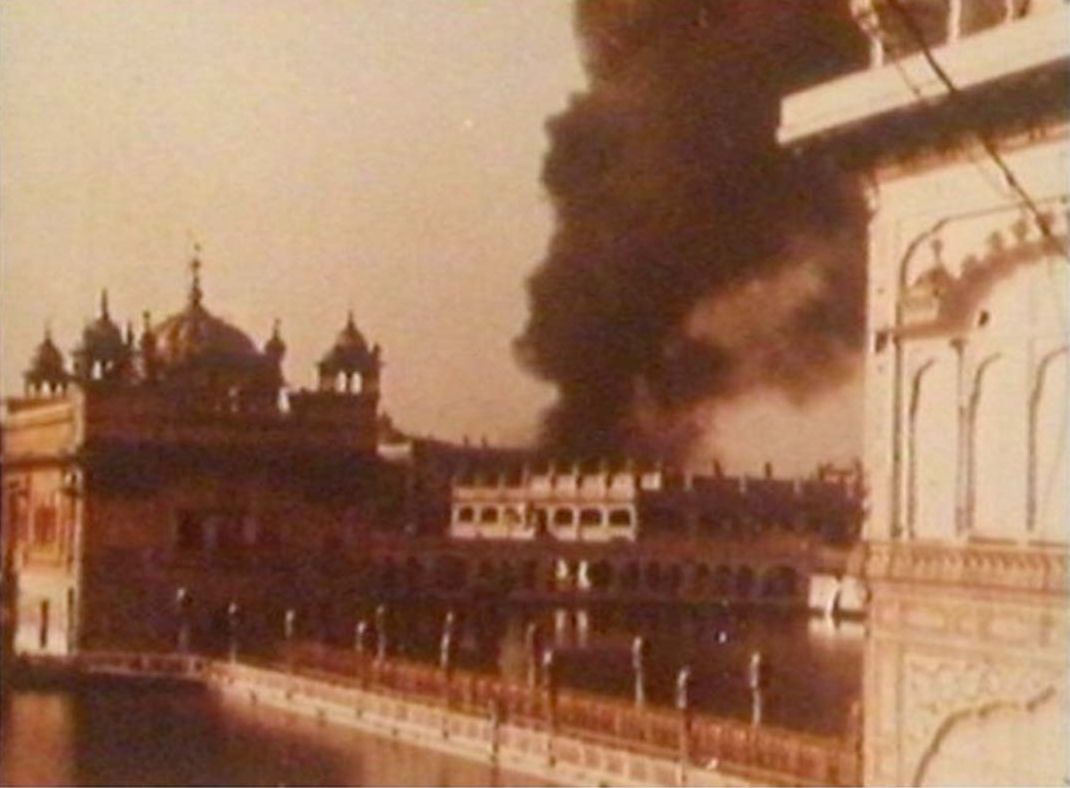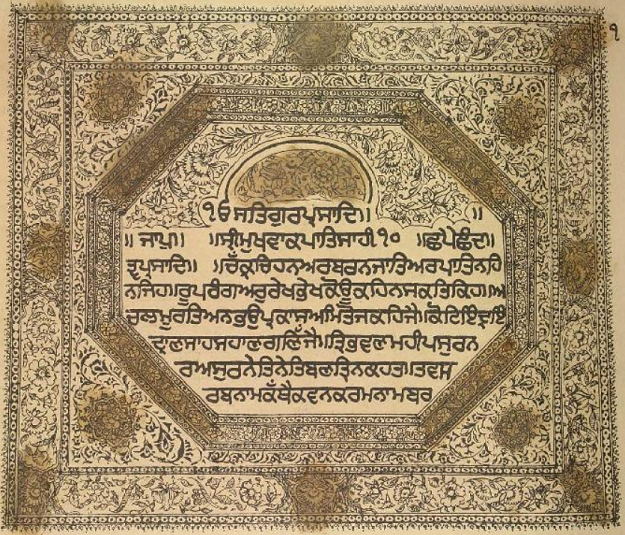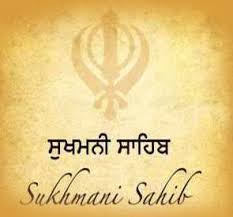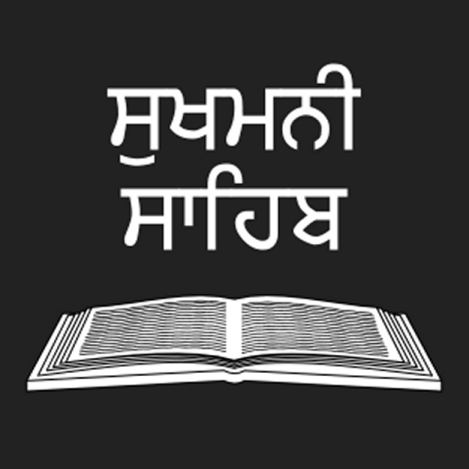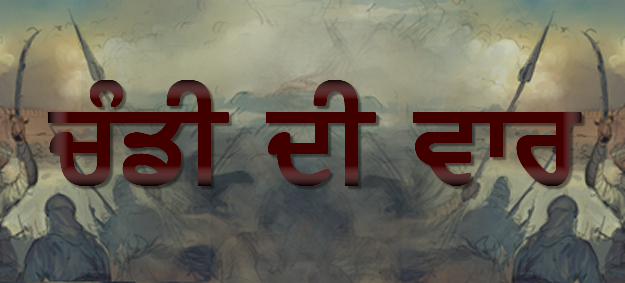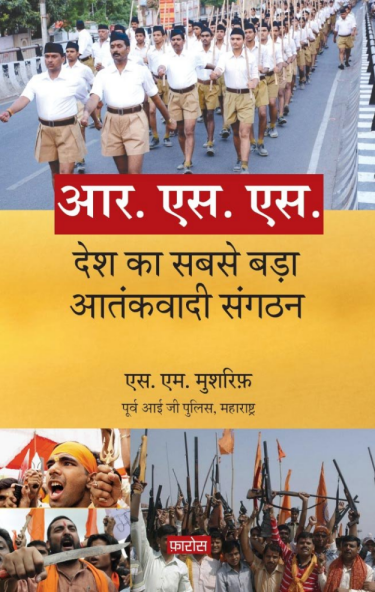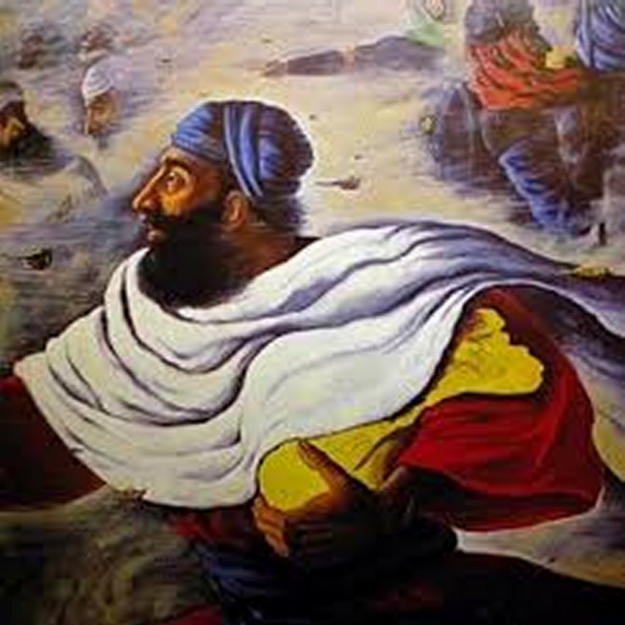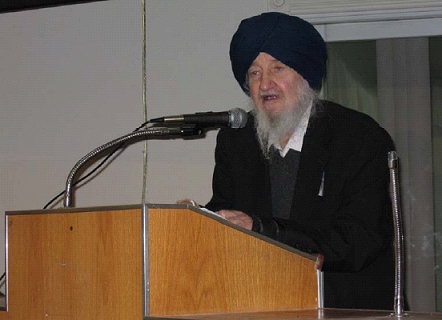

Dr. Noel Q. King Speaking at Gurdwara Sahib Fremont, California, October 2006
He Himself bestows life and death; He is with us, within and beyond. Nanak seeks the Sanctuary of God, the Master of all hearts. - Sri Guru Granth Sahib
Noel Quinton King, Educator: Born December 8, 1922 Taxila (now in Pakistan) – died February 1, 2009 Corralitos, California
Dr. Noel Q. King, a towering academician, scholar, historian, and a saintly person, who illuminated the academic and literary circles for almost half a century, quietly passed away on February 1, 2009 at his home in Corralitos, California.
| "We are celebrating the life of this great teacher, scholar and friend of the Khalsa who held Khalsa in very high esteem..." |
Noel Q. King was the fifth son of Mary and William King. His family relations with the Sikhs span almost two centuries. His great grandfather worked for the Khalsa Army in Punjab during the rule of Maharaja Ranjit Singh in the first part of the 19th century as a horse doctor. His father William King was an engineer with the Indian Postal and Telegraphs department who laid telegraph lines throughout northern India and up into Tibet. Dr. King's family stayed in India until the 1940s.
The young Noel King moved with family from place to place experiencing multi-cultural living. Like his elder brothers he was sent at an early age to Bishop Cotton’s school in Simla in the foothills of the Himalayas. He grew up virtually bi-lingual in English and Hindustani (a mixture of Urdu and Hindi), the lingua franca of the British Raj. He frequently spoke with me in Hindustani.
He was commissioned into the British army as a Second Lieutenant and was already in uniform when he married Evelyn in December 1943. After qualifying as a parachutist and being entitled to wear the coveted red beret of the Parachute Regiment, he spent the rest of the time in war in the 56th airborne Division Development Unit analyzing enemy air drop methods, devising defenses against it and researching methods of supplying ground troops from the air. As the war in Europe drew to conclusion, he was posted to the Indian Army to Manipur and then at Chaklala aerodrome which eventually became Rawalpindi’s International Airport.
As an army officer in India, he was also in charge of security of certain passenger trains for some time that moved from Punjab and other parts of Northern India. He told me that, he at one time, provided security to a Sikh leader Master Tara Singh while he was travelling on a train. Dr. King served in India, Burma, and Europe. He was part of the British Indian army unit that gave the first ground defeat to the Japanese army in Burma in WWII. Noel King was present at the ceremony of surrender in Rangoon (Burma).
Dr. King finished his first degree in history and then a degree in Theology. He graduated First Class Honors, specializing in Early Church History. He received an M.A. degree in history from Oxford University. In 1954 he got his Ph.D. in late Roman early Byzantine history and Patristic Theology from the University of Nottingham.
Dr. King taught in several universities all over the world including, Punjabi University Patiala, Guru Nanak Dev University Amritsar, University of Ghana, University of Nottingham, Oxford University, Makerere University (Uganda), University of Papua/New Guinea, University of California Santa Cruz, and Senior University International. He was one of the most sought after speakers in Sikh academic conferences in India and North America.
In 1957 he moved with his family to Ghana for seven years, where he set up a program of Religious Studies at the university in Accra. In 1964 he accepted the post of Professor and Head of Religious Studies at Makerere University in Uganda.
Dr. King was one of the very few scholars belonging to the old school of learning in the world with a deep knowledge of Christianity, Islam, Jainism, and Sikhism among other religions. He wrote eleven books and published chapters in many other books. He also wrote dozens of scholarly articles in various Sikh and other academic journals and encyclopaedias. He was the Patron of Sikh Review, the oldest Sikh academic magazine in English, published from Calcutta.
Dr. King joined University of California at Santa Cruz in 1967 where he started a department of the History of Religion where he taught history and comparative religion until his retirement in 1991. On his retirement, the Noel Q. King Lecture was established in 1992 to honor the popular teacher and respected scholar. This annual lecture is presented by the Committee for the Advancement of Religious Studies at UCSC. Dr. King was instrumental in providing foundation courses and a comparative framework for those interested in religious studies major as well as those students who just wanted to learn about religion in an academic setting. He inspired many young scholars throughout his academic career. Even after his retirement he continued to write and encourage young scholars to do the same.
He guided many students in their research on Sikh history and supervised theses and dissertations on topics related to Sikh history. He was the only Western scholar who stood with the Sikhs through thick and thin and fearlessly wrote against those who tried to distort the Sikh history in the name of academic research. He was honored for his services to Panth at the Vishav Sikh Samelan (World Sikh Convention) in Amritsar in 1995 organized by Shiromani Gurdwara Parbandhak Committee (known as the mini parliament of the Sikhs) at the Golden Temple complex. There he also received recognition from Jathedar Sri Akal Takhat Sahib, the caretaker of the seat of Sikh spiritual and temporal authority. He personally guided two Sikh students Tarlochan Singh Nahal and Dr. Raghbir Singh Bains) who received doctorate degrees in Sikhism in North America. Both these scholars have been honored by Sri Akal Takhat Sahib, the seat of Sikh spiritual and temporal authority at Amritsar, India. The honor really goes Dr. King.
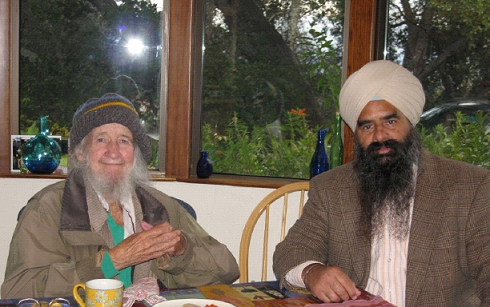
Dr. Noel Q. King and Dr. Tarlochan Singh Nahal at Dr. King's Residence on December 13, 2008
I met with Dr. King in 1992 for the first time at San Francisco in an academic conference. I was impressed by his scholarship and deep understanding of history and theology and realized that he was not an ordinary scholar. Dr. King was a soft-spoken person. Scholarly terms and Latin phrases describing deep theological concepts and unique historical events came out of his mouth effortlessly and his demeanor and presence created a unique aura that was both uplifting and captivating. I have never seen any scholar, who, in an instant, using his vast knowledge of the world history and comparative religious studies, could bring out historical gems related to the Sikh history which are even unknown to most Sikh scholars. Yet, he was always humble and respectful of others. He never forced his ideas on anyone.
We are celebrating the life of this great teacher, scholar and friend of the Khalsa who held Khalsa in very high esteem. He regularly donated money to Sikh Gurdwara San Jose and other Sikh institutions. He also helped Sikhs in many other ways. He genuinely supported academic and historical search till the very end.
About four years ago, a young Sikh professor from Amritsar wanted to go to France and Canada to study French in order to better understand the Franco-Sikh relations. She did not have the financial resources to pay for the trip. Somehow the news made to Dr. King. He generously donated money for that cause. It is another matter that her trip did not materialize due to university bureaucracy. During my research work on Miri and Piri and Sikh struggle, I visited him typically about once a month for three years. Later, I met with him 3 or 4 times a year. I was always treated like a family member in his home.
About three months ago (October 2008), I received an e-mail from his assistant Michael Harrington indicating that Dr. King's health was rapidly failing and he urged his friends to see him because his doctor did not give him very much time. The message was honest to the core, but it hit me like a thunderbolt. I went to see him the next day. He was quite weak. I spent couple of hours with him, took some notes and updated him on my book project. I visited him again a month later and he looked little bit better. My last visit to him was only three weeks before he passed away. By this time he was quite frail, but he was still as graceful as ever in his manners and conversation. He asked me about my family, my book project, job and other Panthic matters. I told him that it is in print and the draft should be out in a matter of some weeks. He always enjoyed the Indian sweets (burfi, jalebi, etc.) and I always found the best locally produced apple juice and the best Darjeeling tea in his home.
During my last visit to Dr. King, I also had the opportunity to meet with his eldest son Francis King who was visiting him from England. This made my trip even more worthwhile. Francis King is a former Diplomat in the British government who served in various countries including India. Being a former diplomat he has a deep understanding of many political and other issues around the world. Like his father, he too has a close relationship with the Sikhs in several countries. Francis told me that he was a British diplomat in New Delhi when Indira Gandhi was killed in October 1984. Tens of thousands of Sikhs were massacred in Delhi alone and their women violated in a government sponsored carnage which continued for several days. A Sikh family lived next door to his residence. They came to Francis and told him that their life and honor was in danger and they needed his help. They wanted him and his wife to give shelter to their women folk for few days until things got calmed down. He gladly agreed to their request. Thus he helped in saving the Sikh lives and honor. After hearing this touching story, my eyes became moist and I thanked him for helping the Sikh family in the most difficult situation. I hope this relationship continues for many more generations.
Dr. King had a very high regard for Sri Guru Granth Sahib and Sikh Gurus and often quoted Gurbani. Before leaving for his world safari about 6 years ago, he asked me to bring along a Nitnem Gutka (Daily Sikh Prayer book) so he could read it. He used to travel every year and visited several countries until about three years ago when his health did not allow him to travel anymore. His first preference was always to stay with a Sikh family whether it was in the US, India, Africa, Canada or some other country because he trusted them greatly and always felt comfortable in their company. He also had friends all over the globe among all religious communities. He spoke several languages including Punjabi, Hindi, Urdu and Latin. His first wife Evelyn died in April 1972 at age 49 due to brain tumor. Some time later, he married Laurie, who is a well-known novelist.
Noel is survived by four children from his first marriage, Francis and Jerome (sons) and Clare and Naomi (daughters), who between them have produced Noel’s 11 Grandchildren. They in turn have four Great Grandchildren. From his second marriage to Laurie King, he has two children – Nathan and Zoe.


